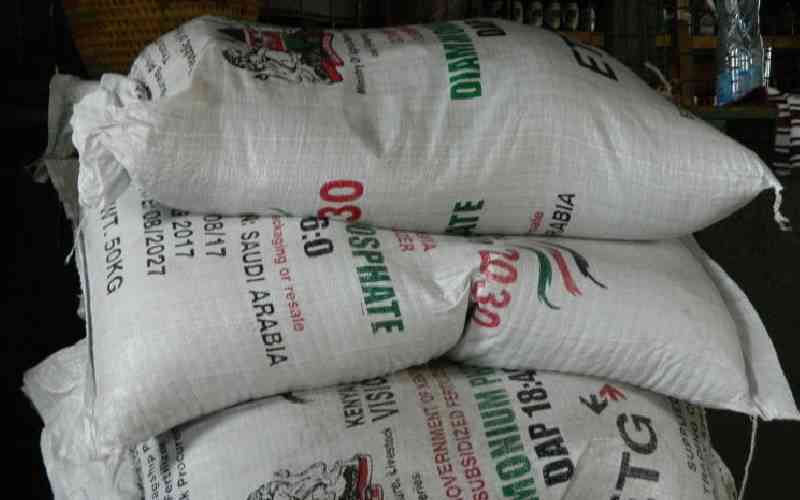×
The Standard e-Paper
Fearless, Trusted News

Agricultural growth in 2022 dipped by 1.9 per cent suppressing production in food and cash crops, the latest government data shows.
According to the Economic Survey 2023 released by the Kenya Bureau of National Statistics (KNBS), the sector shrunk by 1.9 per cent compared to 0.3 per cent in 2021, affecting production in tea, maize, milk and horticulture.